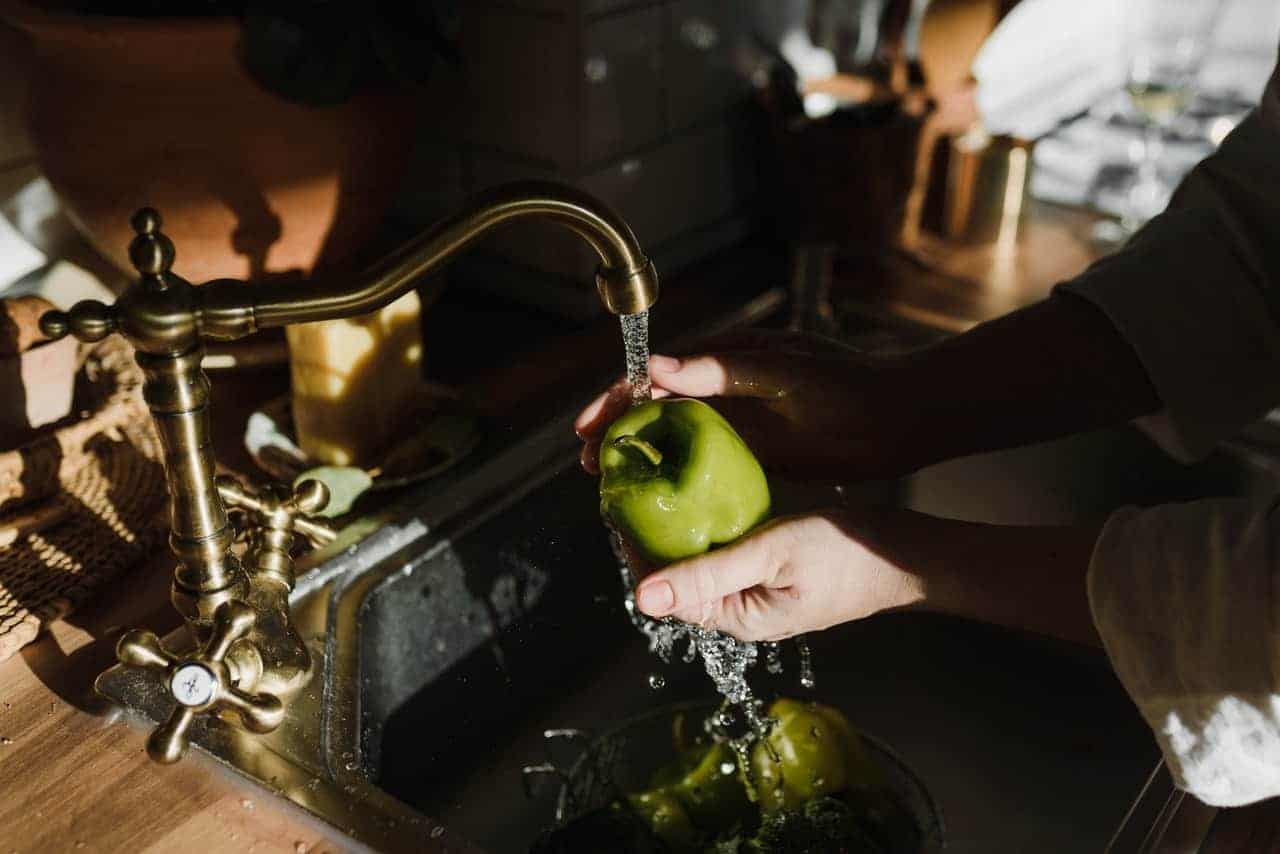We all know that we shouldn’t be wasting water. Most of us employ at least some habits, whether we realize it or not, that minimize our water usage. For example, almost everybody makes a concentrated effort to ensure the faucet is turned off before they leave the kitchen or bathroom.
Unfortunately, the most basic steps may not be enough to help you practice water conservation on a meaningful level. That’s because many of us are unknowingly wasting water every day.
The Value of Water Conservation
Why should you care?
Water conservation is important for several reasons.
· Lower utility bills. The first benefit you’ll probably notice is lower water bills. Most people are obligated to pay for the amount of water they use, with their bills increasing depending on the cubic feet of water used in a given period. Conserving water and being more mindful of your usage habits can help you use less water on a regular basis and pay less for your utilities.
· Environmental protection. We also need to acknowledge the impact of water conservation on the environment. Despite the fact that the earth is covered in mostly water, potable water is still a finite resource. Reducing water consumption increases the availability of water to people who need it most and reduces the possibility that we’ll face a water shortage crisis in the near future.
· Convenience and overall efficiency. Finally, understand that many water conservation habits also have beneficial side effects, like greater convenience for users and higher efficiency. For example, as we’ll see, using a dishwasher typically uses less water than washing dishes by hand; changing your habits could help you save time as well as water.
How You’re Wasting Water
How are you wasting water in invisible ways? These are some of the most common culprits:
1. Not using a bidet. Your first impression might be that bidets waste water, using an excessive amount of natural resources to help you clean up after using the bathroom. But today’s bidets are remarkably efficient, using only a small amount of water – and they’re much more environmentally friendly than toilet paper. As an added bonus, you’ll typically feel cleaner after using the bathroom, you’ll spend less time wiping, and you’ll be less likely to develop hemorrhoids and other problematic health conditions.
2. Leaving the water running during household activities. Many of us are tempted to leave the water running while we’re engaging in some sort of water-related activity. For example, you may leave the water running while you brush your teeth or you may leave the kitchen faucet on constantly as you’re washing the dishes by hand. This may be convenient, saving you from adjusting the faucet several times per minute, but it’s going to end up wasting several gallons of water over the course of an ordinary week. Take a few seconds and turn off the flow of water when you can.
3. Waiting too long for the water to warm up. It’s only natural to let the water warm up before you enter a shower or draw a bath. You may also want to run the water until it’s warm when washing your hands in the middle of a cold winter day. There’s nothing wrong with wanting these luxuries, but if you wait too long for the water to get hot, you’ll end up wasting a lot of water unnecessarily.
4. Washing dishes by hand. For the most part, washing dishes in a dishwasher uses less water than washing dishes by hand. It’s a surprising fact for many, but modern dishwashers are designed to use the smallest amount of water to efficiently clean dishes.
5. Using improper settings on your appliances. Pay attention to the different settings available on the appliances you have that use water. For example, if you’re washing a small load in your washing machine, you can adjust the settings to produce a smaller amount of water in the washing chamber. There may also be a high-efficiency setting to help you save even more water.
6. Relying on old toilets and appliances. If your old appliances still technically work, you’ll be motivated to keep them as long as possible. But newer appliances tend to be much more efficient, using less water and less energy. It may be worth upgrading your toilets, your washer, your dishwasher, and other appliances.
7. Overwatering the lawn. Even if you take pride in having a lush, green lawn, you don’t need to water your grass that often. Lawn watering is one of the biggest sources of water waste, yet it can easily be prevented.
if you’re guilty of any of these habits, try not to feel too bad. Most people are in the same boat. You don’t have to be a controlling maniac, nor do you have to make entire overhauls to your lifestyle to significantly reduce your water consumption. In fact, even a few of the strategies on this list could be enough to help you save gallons of water every week.
